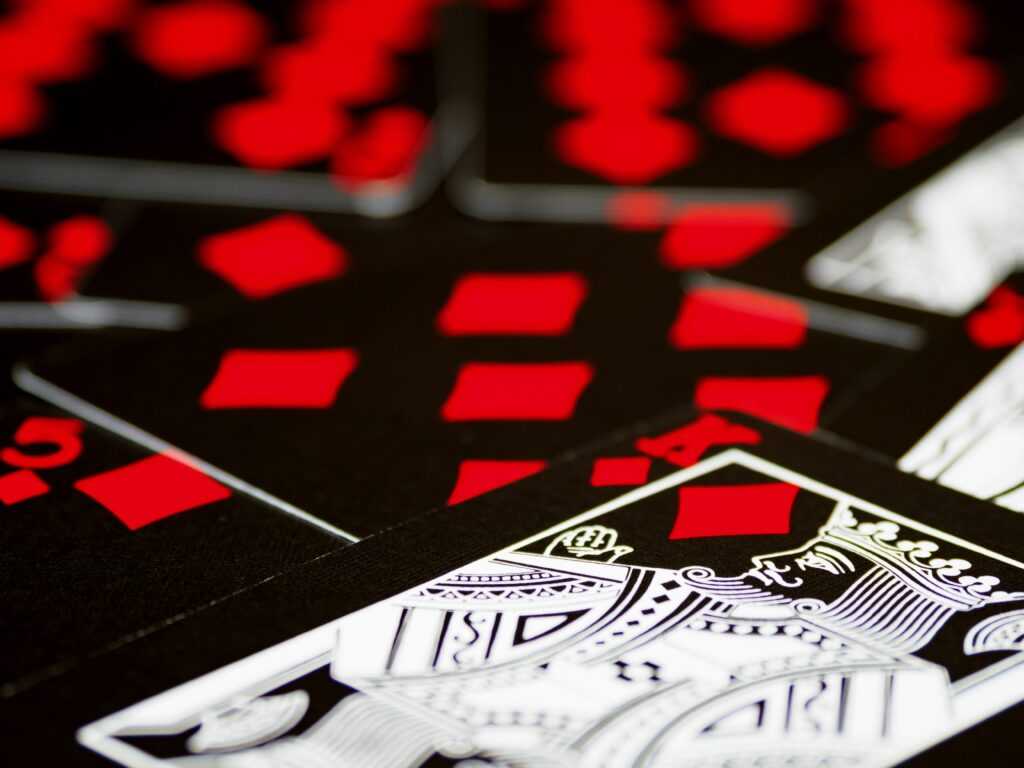Have you ever wondered how casinos manage to stay profitable in the long run? The answer lies in a concept known as the house edge. In this article, I’ll delve into the intricacies of the house edge and its significant impact on your finances over time.
When you place a bet in a casino, you’re not just up against Lady Luck; you’re also facing the house edge. Understanding how this slight advantage held by the casino affects your chances of winning can make a world of difference in how you approach gambling.
Join me as we explore the world of probabilities, odds, and how the house edge influences your financial outcomes. By the end of this article, you’ll have a clearer understanding of how to make more informed decisions when it comes to managing your money in the realm of gambling.
What Is House Edge?
I’ll delve into the essence of house edge and its implications on one’s finances based on the casino dynamics.
Definition and Basics
House edge represents the statistical advantage the casino holds in a game over the players. It’s the percentage of every bet that the casino expects to keep in the long run. For instance, if a game has a 5% house edge, the casino anticipates retaining $5 out of every $100 wagered. Understanding this fundamental concept is key for anyone engaging in casino games as it directly impacts their odds of winning.
How It Varies by Game
The magnitude of the house edge can differ significantly depending on the game being played. Games like Blackjack and Craps typically have lower house edges, around 1% or less, offering better odds for players. On the other hand, games like Slot Machines can have much higher house edges reaching 10% or more. Being aware of these variations is essential for making informed decisions when choosing which games to play, as it directly influences the likelihood of winning and potential financial outcomes.
The Role of House Edge in Casino Games
Understanding the house edge in casino games is essential for comprehending how it affects your financial outcomes. It’s the statistical advantage held by the casino, determining the percentage of each bet that the casino anticipates keeping in the long term. This aspect directly influences your chances of winning in any casino game. Let’s delve deeper into how the house edge functions in the realm of gambling.
Example Calculations
When we consider example calculations to illustrate the impact of the house edge, clarity emerges on its significance. For instance, in a game with a 5% house edge, the casino’s expected profit per bet is $0.05 for every dollar wagered over time. This slight difference might seem inconsequential in the short term but significantly impacts your finances over extended gameplay sessions. Understanding these calculations underscores the importance of informed decision-making when engaging in casino activities.
Common Misconceptions
Exploring common misconceptions surrounding the house edge is crucial for debunking myths and ensuring a clear understanding of its implications. One prevalent fallacy is that the house edge directly dictates individual outcomes in short gaming sessions. Contrary to this belief, the house edge influences results over extended periods, affecting players’ overall profitability. By dispelling these misconceptions, players can make informed choices based on factual knowledge rather than misguided assumptions.
Long-Term Financial Implications of House Edge

Understanding the house edge is essential for recognizing its lasting effects on my finances as a casino player. It’s crucial to grasp how this statistical advantage impacts my potential winnings over time.
- Impact on Personal Finances
Acknowledging the house edge’s impact on my finances is key. For instance, with a 5% house edge, the casino expects to retain $0.05 of every $1 I bet in the long run. This continuous retention influences my overall profitability in casino games. - Strategies to Minimize Losses
Implementing effective strategies to reduce losses due to the house edge is vital. One approach is opting for games with lower edges like Blackjack or Craps, where my winning odds are comparatively higher. Additionally, setting betting limits and practicing disciplined gameplay can help mitigate the long-term financial impact of the house edge.
Consumer Psychology and House Edge
Understanding consumer psychology in relation to the house edge is crucial for players to make informed decisions when engaging in casino games. By delving into the reasons why players often overlook the house edge and exploring the psychological triggers that influence their behavior, we can shed light on how individuals approach gambling activities.
Why Players Ignore It
Players frequently disregard the house edge due to various factors that cloud their judgment. One common reason is the allure of big wins and the excitement of gameplay, which overshadow the importance of understanding the underlying statistical advantage held by the casino. Additionally, the lack of transparency in communicating the house edge by casinos contributes to players underestimating its significance. The complexity of mathematical calculations involved in determining the house edge further dissuades players from fully grasping its implications.
Psychological Triggers in Gambling
Gambling triggers a range of psychological responses that can lead players to make irrational decisions regarding the house edge. The thrill of taking risks and the potential for instant gratification often override rational thinking, prompting individuals to overlook critical factors such as the house edge. Moreover, cognitive biases such as overconfidence in one’s gaming skills and an illusion of control can deceive players into believing they can beat the odds, thus neglecting the impact of the house edge on their long-term profitability. Understanding these psychological triggers is essential for players to adopt a more strategic approach to gambling and mitigate the adverse effects of the house edge on their financial outcomes.




